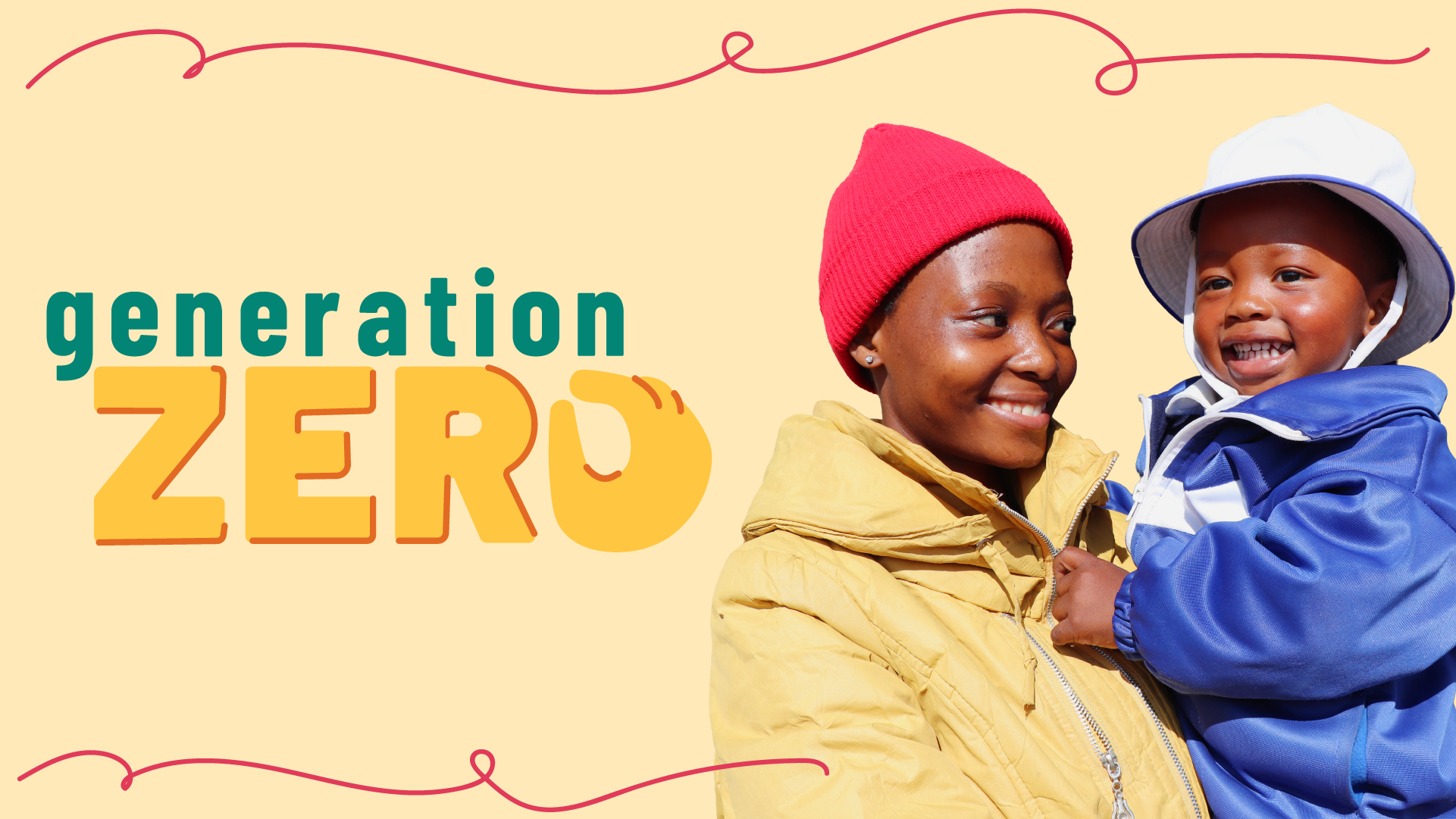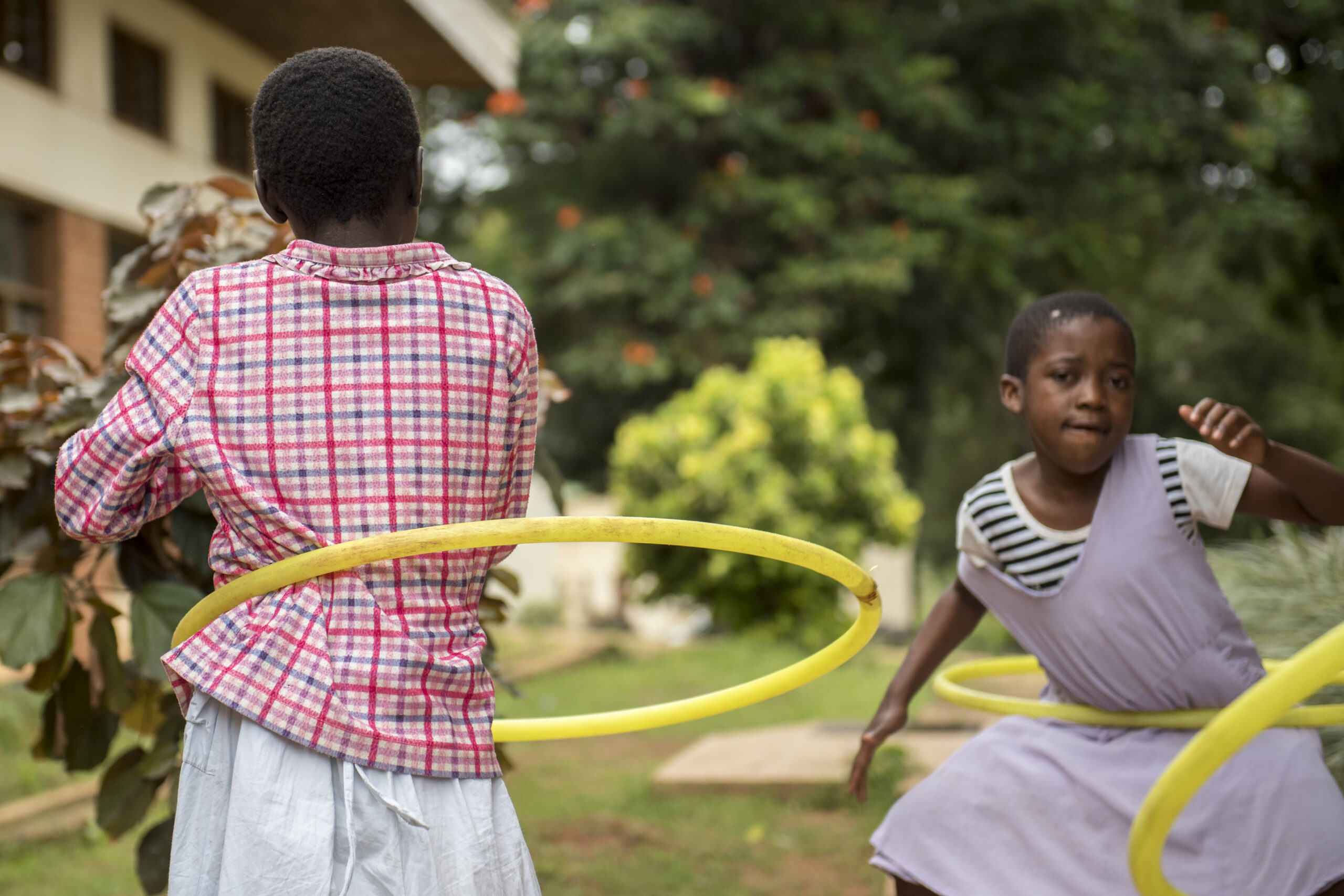Around the world, more than 3.4 million people die each year from water, sanitation, and hygiene-related causes (WASH). Research shows that access to WASH significantly reduces illness among people living with HIV/AIDS, enhancing their quality of life and allowing their medications to work effectively.
This World Water Day (Saturday, March 22) we are championing universal access to clean water and proper sanitation. Be sure to check out the blog below from our friends at WASH Advocates examining the links between HIV/AIDS and water, sanitation, and hygiene.
Editors’ note: This blog was originally posted on September 5, 2013
“We shall not finally defeat AIDS, tuberculosis, malaria, or any of the other infectious diseases that plague the developing world until we have also won the battle for safe drinking water, sanitation and basic health care.” – Kofi Annan, former Secretary-General of the United Nations.
Since AIDS first was discovered in 1981, more than 60 million people have been infected with the virus and more than 34 million people are living with HIV/AIDS today. It disproportionately affects the poor and those in regions where living conditions are overcrowded, unsanitary, and lack access to water, medical care, and proper nutrition.
Kofi Annan was right about the connection between AIDS and water, sanitation, and hygiene (WASH). When communities do not have adequate water or sanitation, diarrheal episodes increase, and the health of the entire community is affected. What’s more, people living with HIV/AIDS are more vulnerable to infection due to their suppressed immune systems, and are disproportionately affected by lack of access to WASH. In fact, people living with HIV/AIDS are at greater risk for developing diarrheal disease, have it more frequently, have more severe episodes, and are more likely to die from it.
Several billion dollars are spent each year to fight the HIV/AIDS epidemic, and a portion of that money is used to provide antiretroviral medication (ARVs) to HIV-positive patients to help them live long and productive lives. However, persistent diarrhea greatly reduces the efficacy of this therapy by preventing absorption of both the ARV medication and other essential nutrients. Diarrhea in people living with HIV literally flushes aid money down the toilet – that is, if they have a toilet.
Actually, a toilet could be the solution – along with safe drinking water and hygiene education. Research shows that access to WASH significantly reduces diarrheal episodes among people living with HIV/AIDS, enhancing their quality of life and allowing their ARV medications to work effectively. Furthermore, access to WASH decreases the burden on caregivers, with a labor-saving impact that allow more time for other activities, including school and income generation.
Ensuring access to WASH for people living with HIV/AIDS also makes HIV/AIDS funding and medication more efficient and effective. By integrating WASH and HIV/AIDS efforts we can improve the lives of millions around the world.
Jordan Teague is a Research Fellow at WASH Advocates and an MPH Candidate at the George Washington University.




